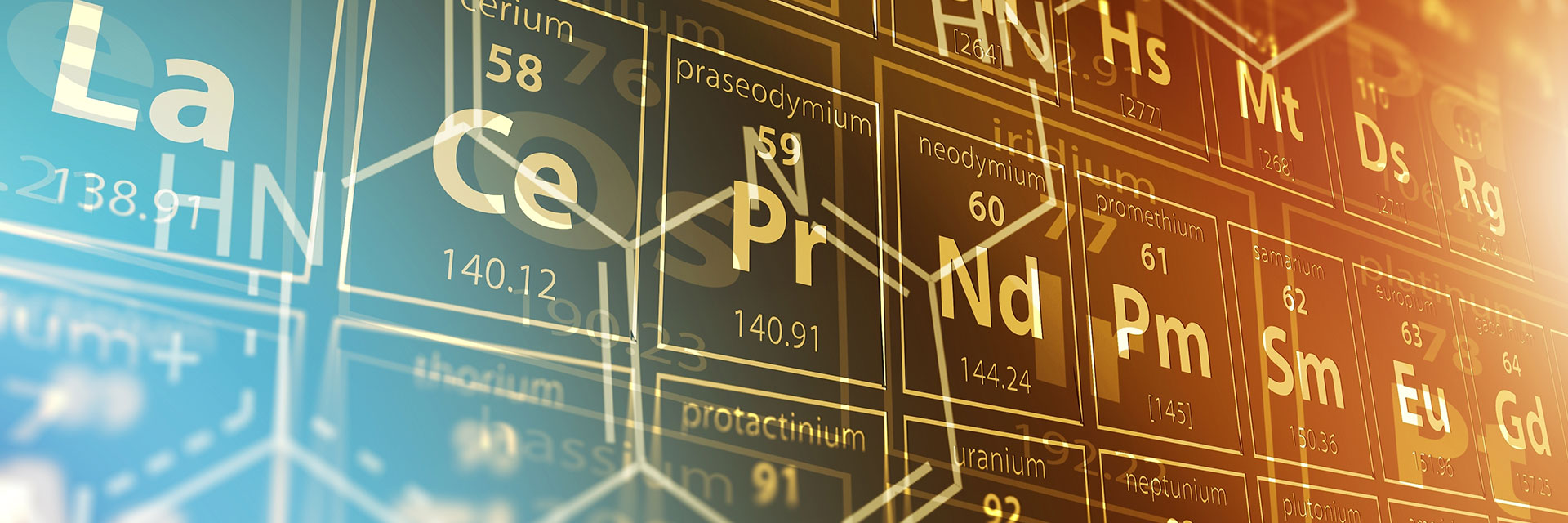The University of Rwanda’s School of Science and Technology is close to launching a new Bachelor of Science degree in Nuclear Science and Technology. This initiative is part of the country’s broader ambition to leverage nuclear energy for national development and economic growth. University officials have stated that the academic programme is designed to cultivate a workforce equipped with the necessary skills to support Rwanda’s plans in nuclear technology.
Professor Ignace Gatare, principal of the College of Science and Technology, told The New Times that students enrolled in the programme will gain crucial theoretical and practical knowledge to contribute to the advancement of the nuclear science sector in Rwanda. He noted that the country’s intention to establish a nuclear research centre creates employment opportunities for graduates, particularly in technical roles and specialised fields such as nuclear medicine.
The proposed research centre, developed in cooperation with Russia, will focus solely on peaceful nuclear applications. These include producing radioisotopes for cancer treatment and diagnostics, using radiation in agriculture to enhance crop quality, and testing industrial materials without causing damage.

The university has worked alongside both local and international partners to develop the degree. The programme has successfully completed all internal validation processes and is now under review by the Higher Education Council (HEC) for final accreditation.
“We are looking forward to receiving feedback from HEC in regards to the national framework for accreditation of the new program,” said Gatare. While no official launch date has been set, he expressed hopes that the programme would begin in the near future.
Structured over four years, the degree will begin with core scientific subjects such as physics, mathematics, electronics, technology, and measurement techniques. As students progress, the curriculum will transition into more advanced modules focused on nuclear-specific topics.
Rwanda aims to use nuclear energy to transform critical sectors such as agriculture, health, electricity, pharmaceuticals, biotechnology, environmental management, geology, and mining. One of the key strategies includes building a nuclear power plant using Small Modular Reactor (SMR) technology. SMRs are gaining attention globally for being more compact, safer, and adaptable than conventional nuclear reactors.
Fidèle Ndahayo, Chief Executive of the Rwanda Atomic Energy Board (RAEB), previously stated that nuclear energy is vital for meeting the country’s growing power needs. With the current energy capacity ranging between 650 to 700 megawatts, Rwanda’s Vision 2050 goals will only be achievable if the capacity increases to between 2.5 and 4.5 gigawatts, depending on projected scenarios.
To reach these energy targets and drive progress in essential sectors, the government considers nuclear power a key solution for future energy security and sustainability.


 Trending
Trending 